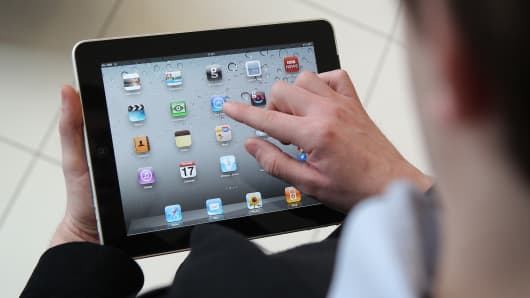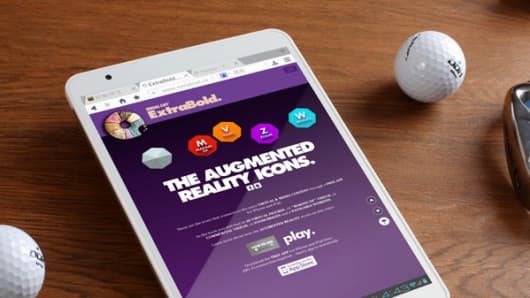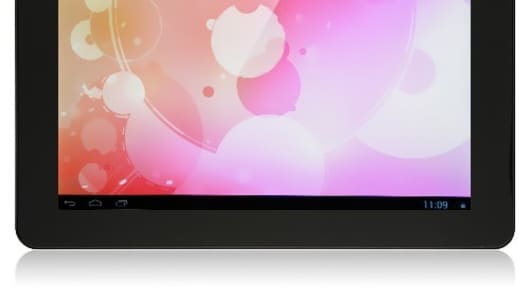Apple may have surged ahead with tablet sales but the competition is heating up in China with increased shipments at ultra-low prices giving consumers more options than the sector-defining iPad.
The iPad, and its derivatives currently hold around a 80 percent of market share in the country, according to Chinese analysis firm Umeng. Analysts from investment bank Nomura recently visited Shenzen and sampled Apple's white-box rivals - products that are created by one company and can be rebranded by another.
"We found many iPad-like white-box tablets in Hua Qiang Bei, Shenzhen's largest consumer electronics mall. These products are sold at retail prices ranging between CNY400-1200 ($65 - $195)," Nomura researchers Leping Huang and David Hao said in a research note.
(Read More: Apple Announces New iPad With More Storage)
Cheaper rivals are a big threat for Apple because China is now the company's fastest growing market. Apple's revenue from Greater China grew 67 percent year-on-year in the first quarter, far outpacing growth of 15 percent in the Americas and 11 percent in Europe.






